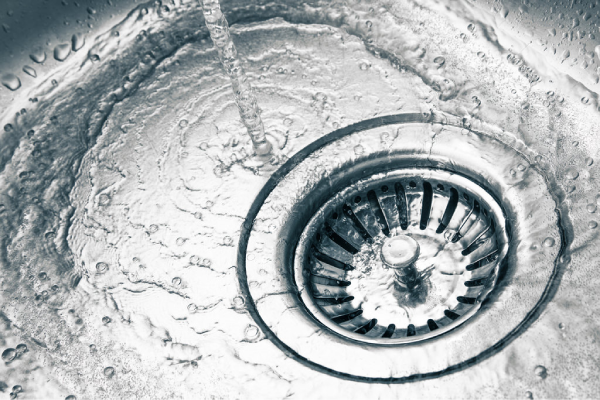Caring for Your Septic System


To safely dispose of medications
Non-Septic Safe Toilet Paper
“Flush-able Wipes” and other Clogging Hazards
Laundry Detergents
Low Suds or Biodegradable:
Surfactants are foaming agents and are in all soaps and detergents. They reduce the surface tension of fluids allowing them fluid to flow more easily between solids, freeing dirt from surfaces. They unfortunately affect cell membranes and microorganisms and will damage the bacteria colony in your septic system. Luckily, they degrade quickly and don’t pose a severe threat to ground water.
Low or no phosphorous and nitrogen:
Thankfully, nutrient polluters such as phosphates and nitrates are finally being eliminated from the detergents we use as they promote the growth of choking algae and weeds in our ponds, lakes, streams, and rivers.
Chlorine free:
Chlorine bleach is highly toxic and should be avoided or used in limited amounts when needed, unfortunately chlorine bleach is used in many cleaners and disinfectants. Better alternatives are Oxygen based bleaches for laundering and white vinegar for disinfecting.
Antibacterial Soaps
Automatic Toilet Cleaners
Dishwasher Detergents
Drain Cleaners
DIY Drain Cleaner:
- Pour boiling water down the drain
- Add 1/2 cup baking soda, let sit for a few minutes.
- Add 1/2 cup white vinegar mixed with very hot water. Let sit for a few minutes. This will cause a chemical reaction – lots of foaming — so cover the drain with a plug or rag. The mixture will work to break down any fats into salt and harmless gas.
- Flush with boiling water.
Bath Oils
Solvents
Other Unsafe Septic Items – Things not to flush include
- Disposable diapers
- Sanitary napkins or tampons
- Paper towels or bandages
- Dental floss
- Condoms
- Hair
- Cigarette butts
- Coffee grounds
- Kitty litter
